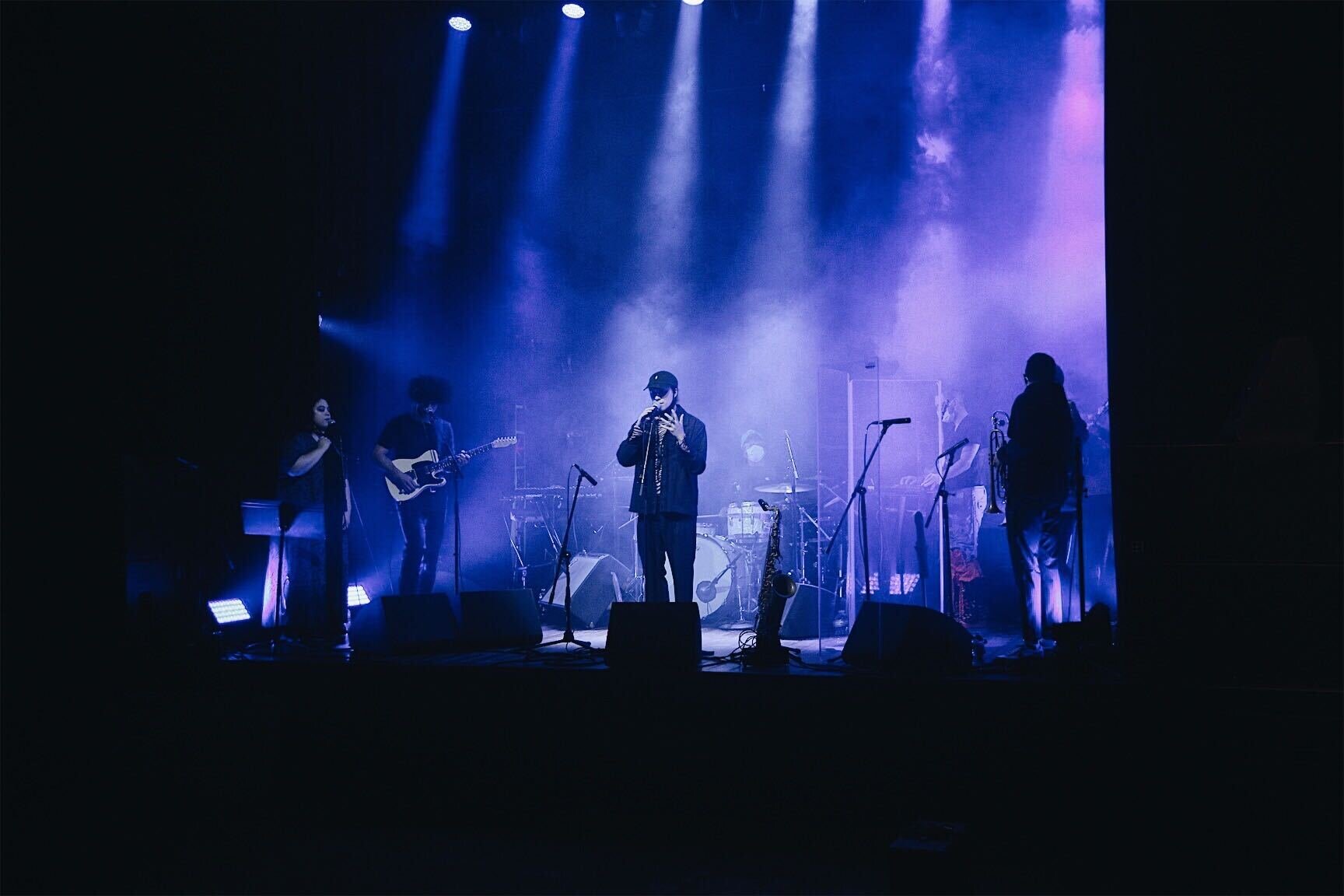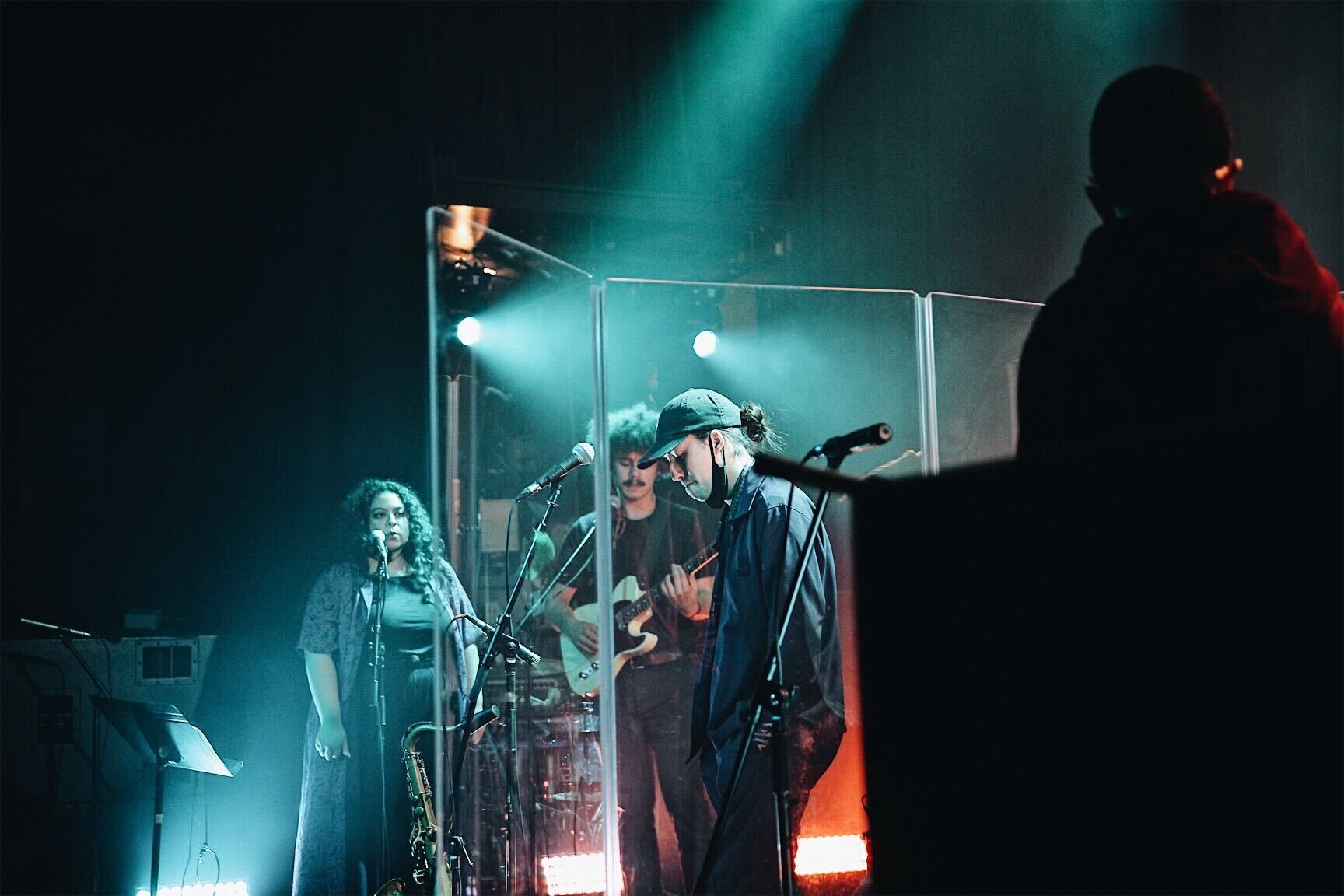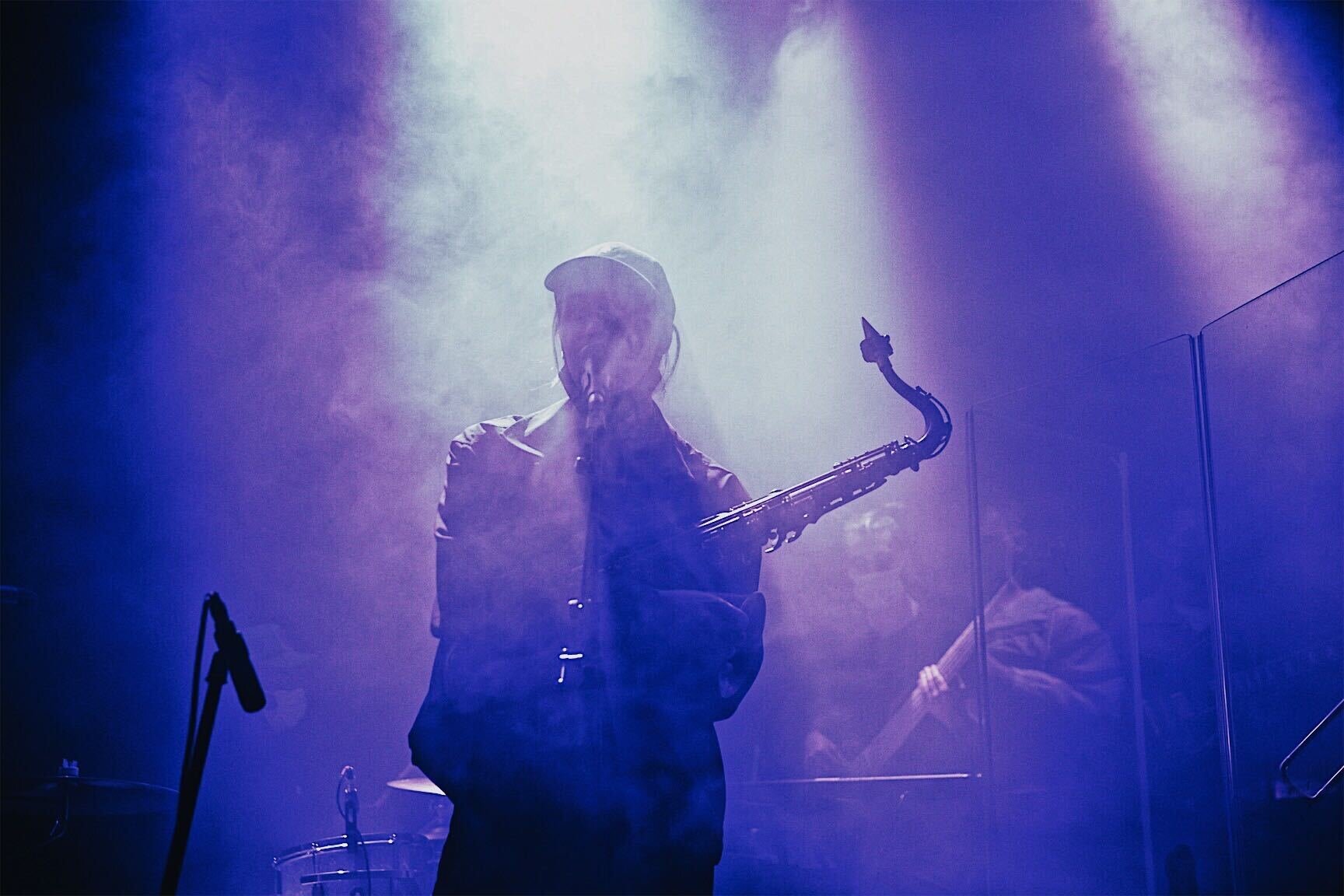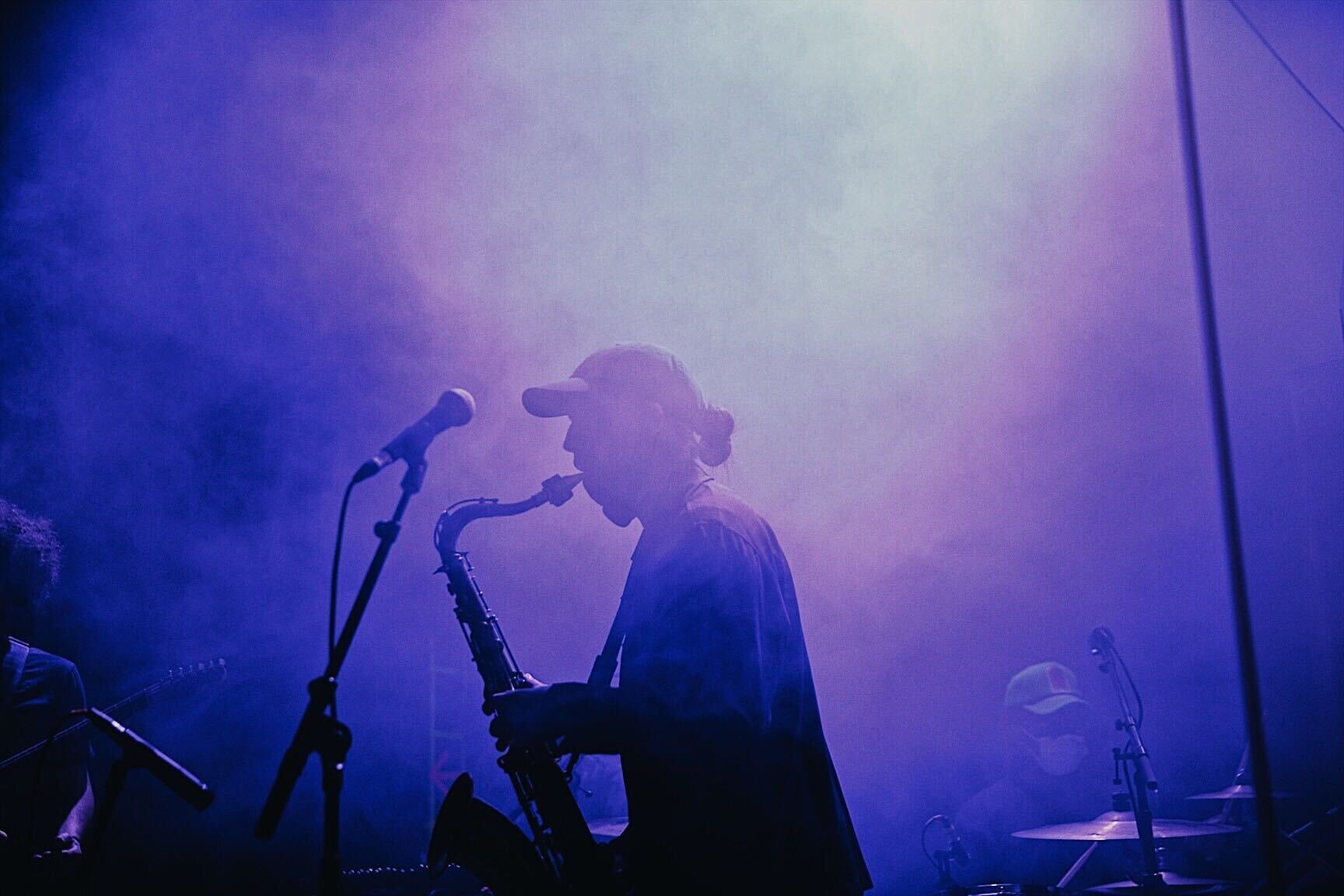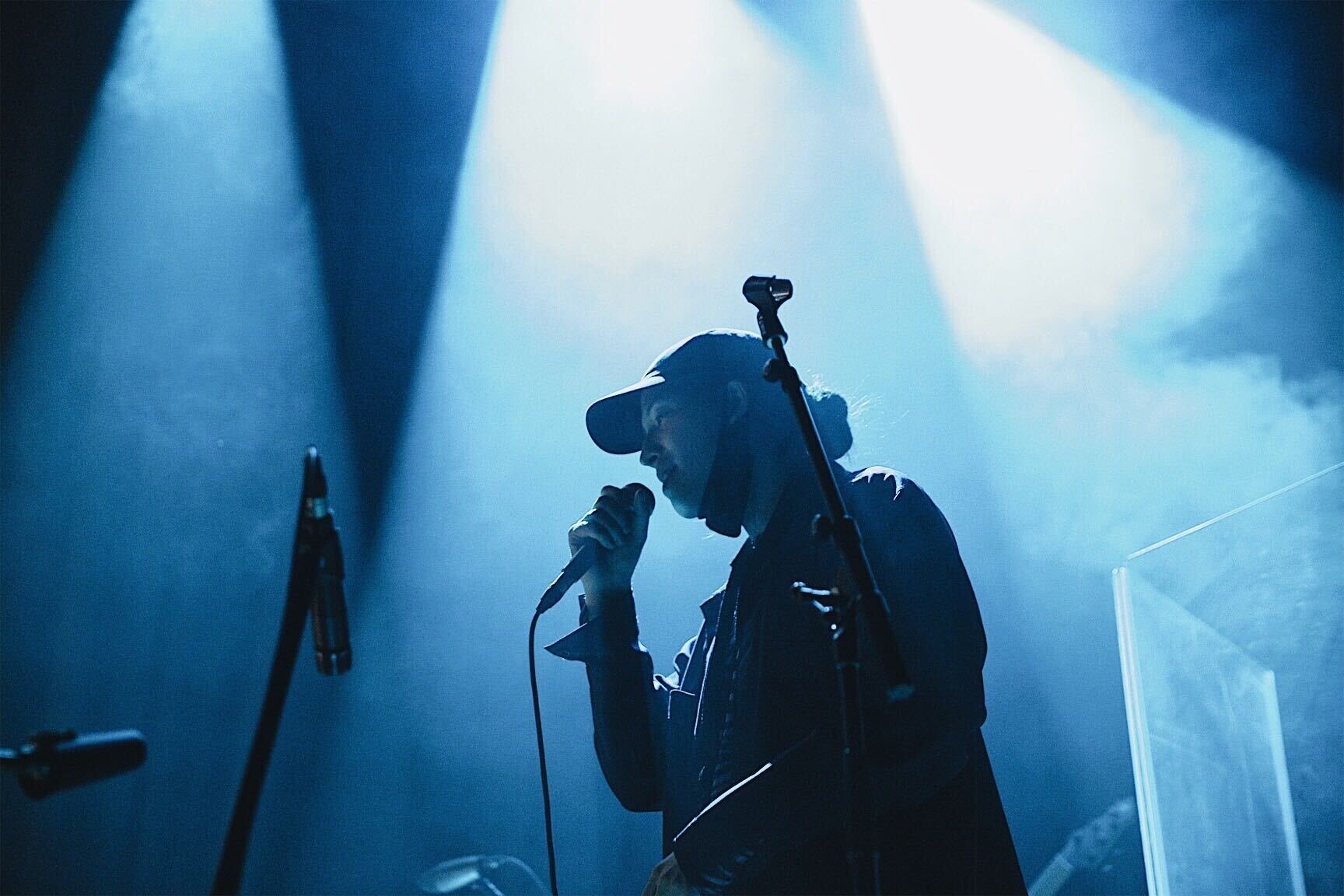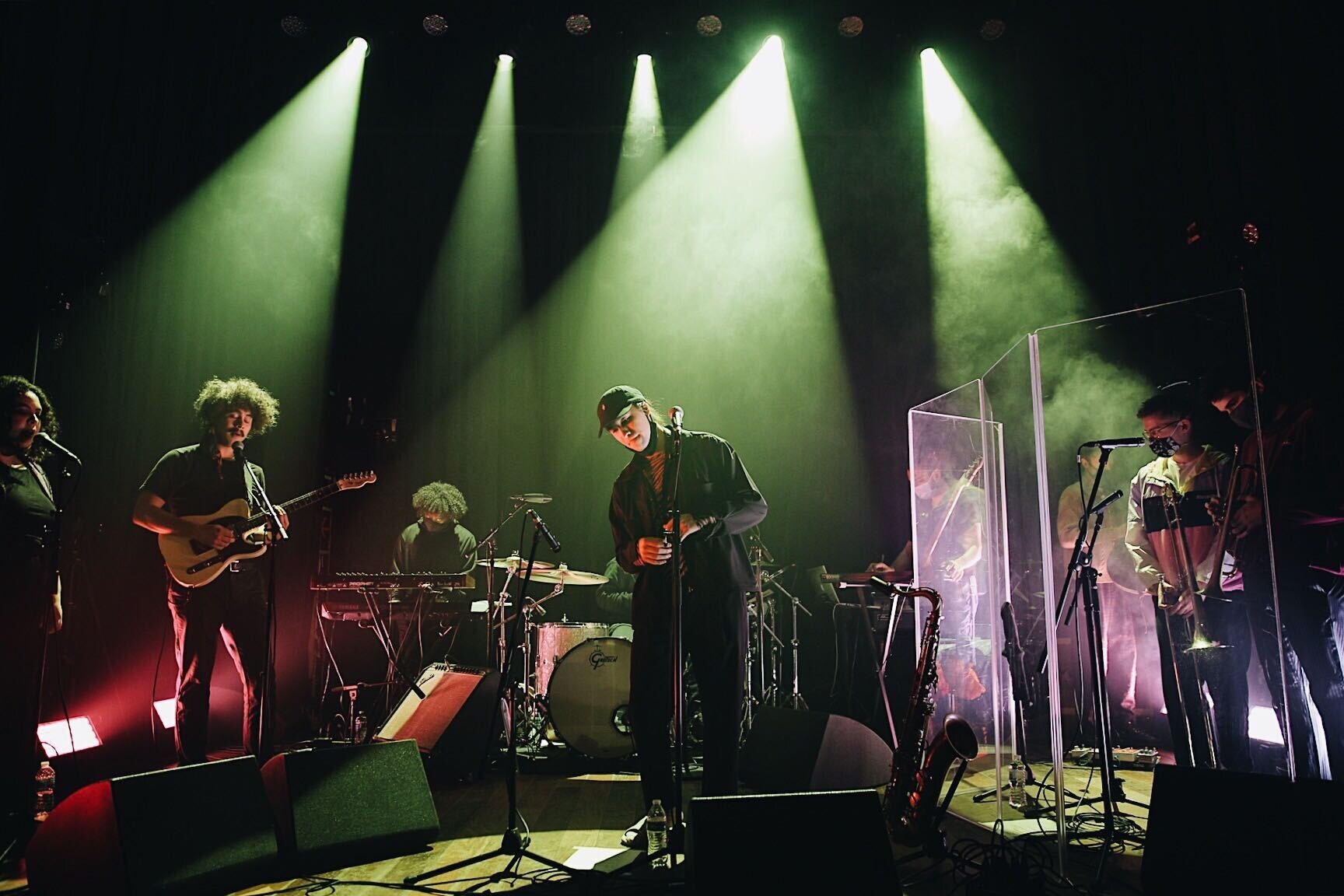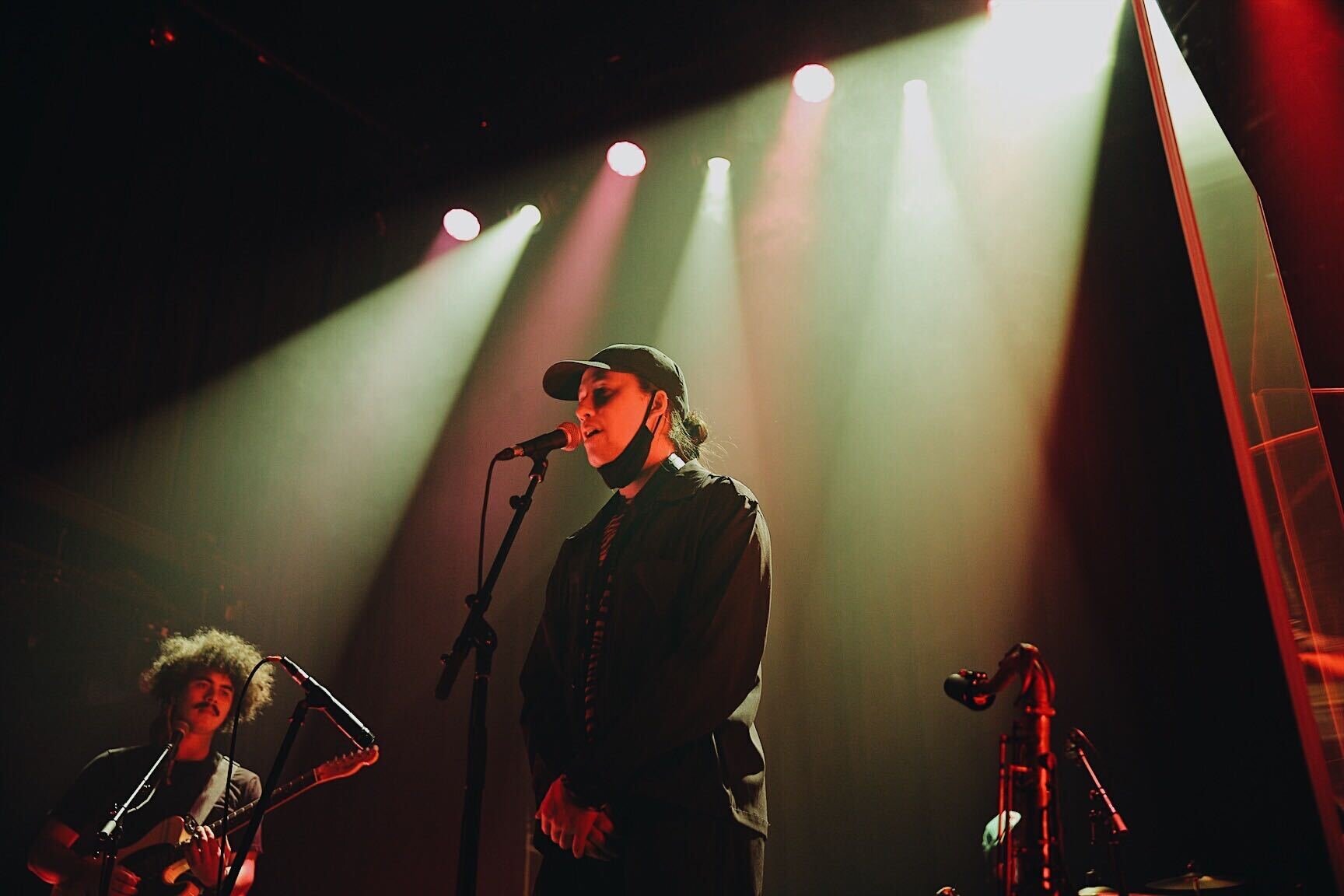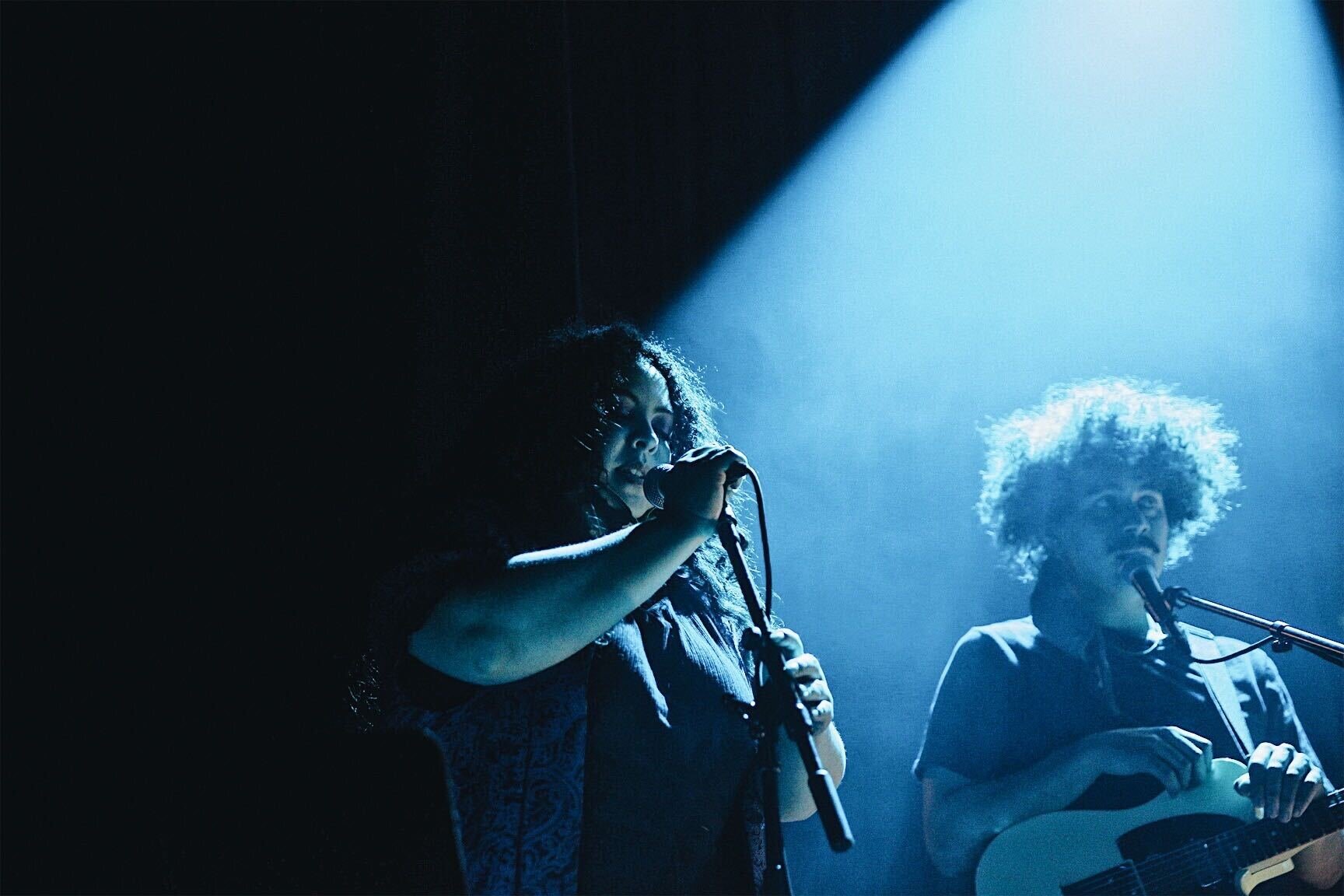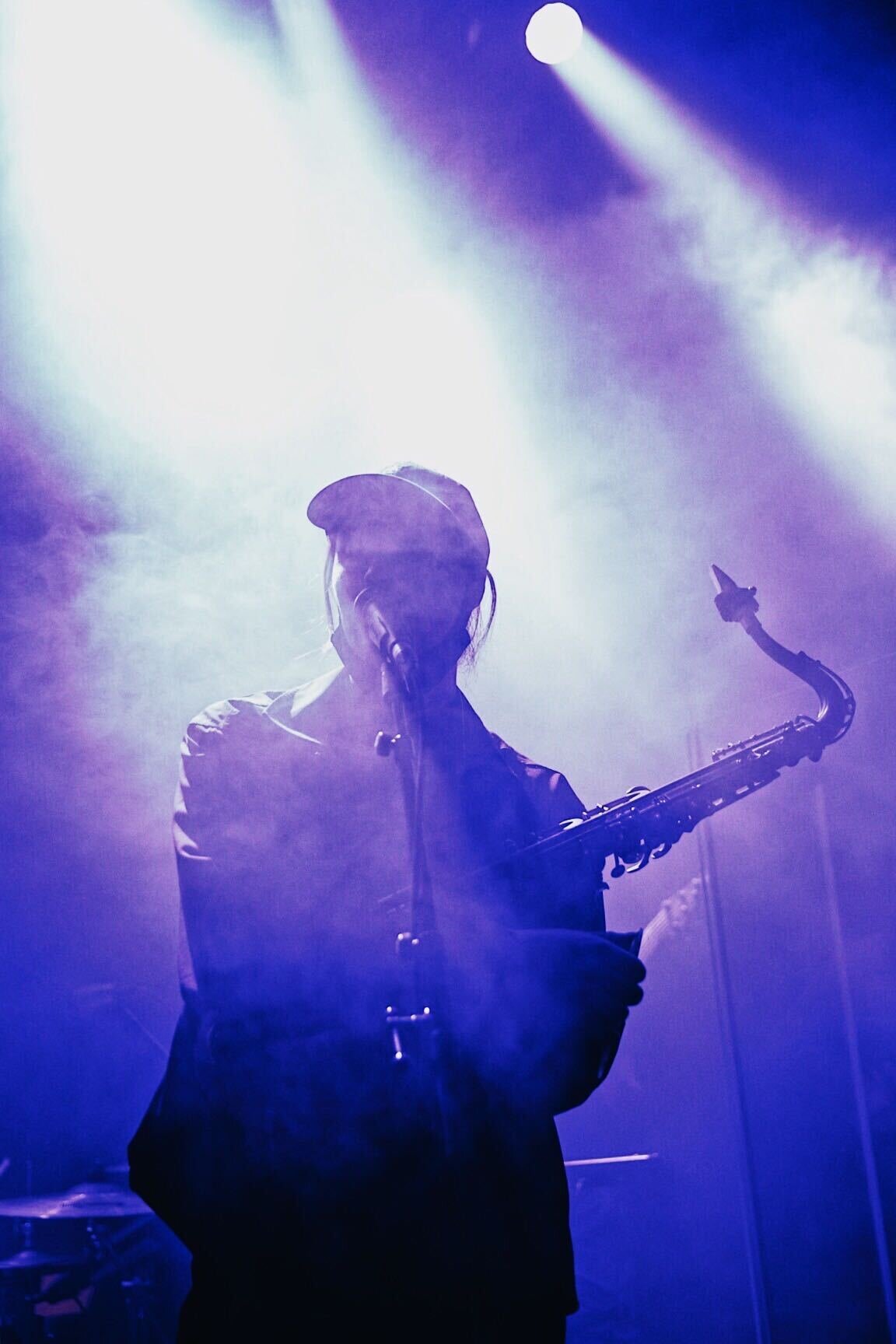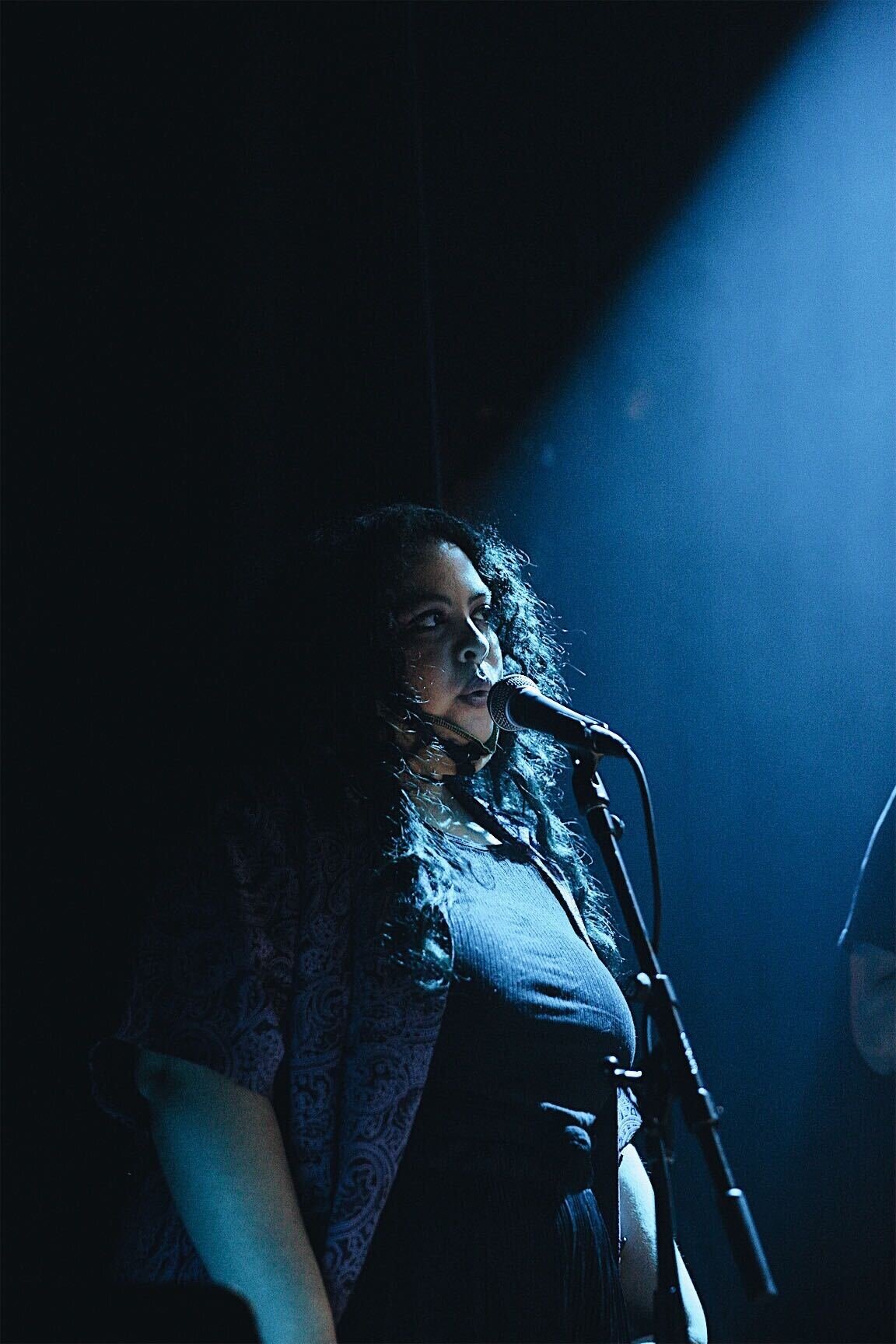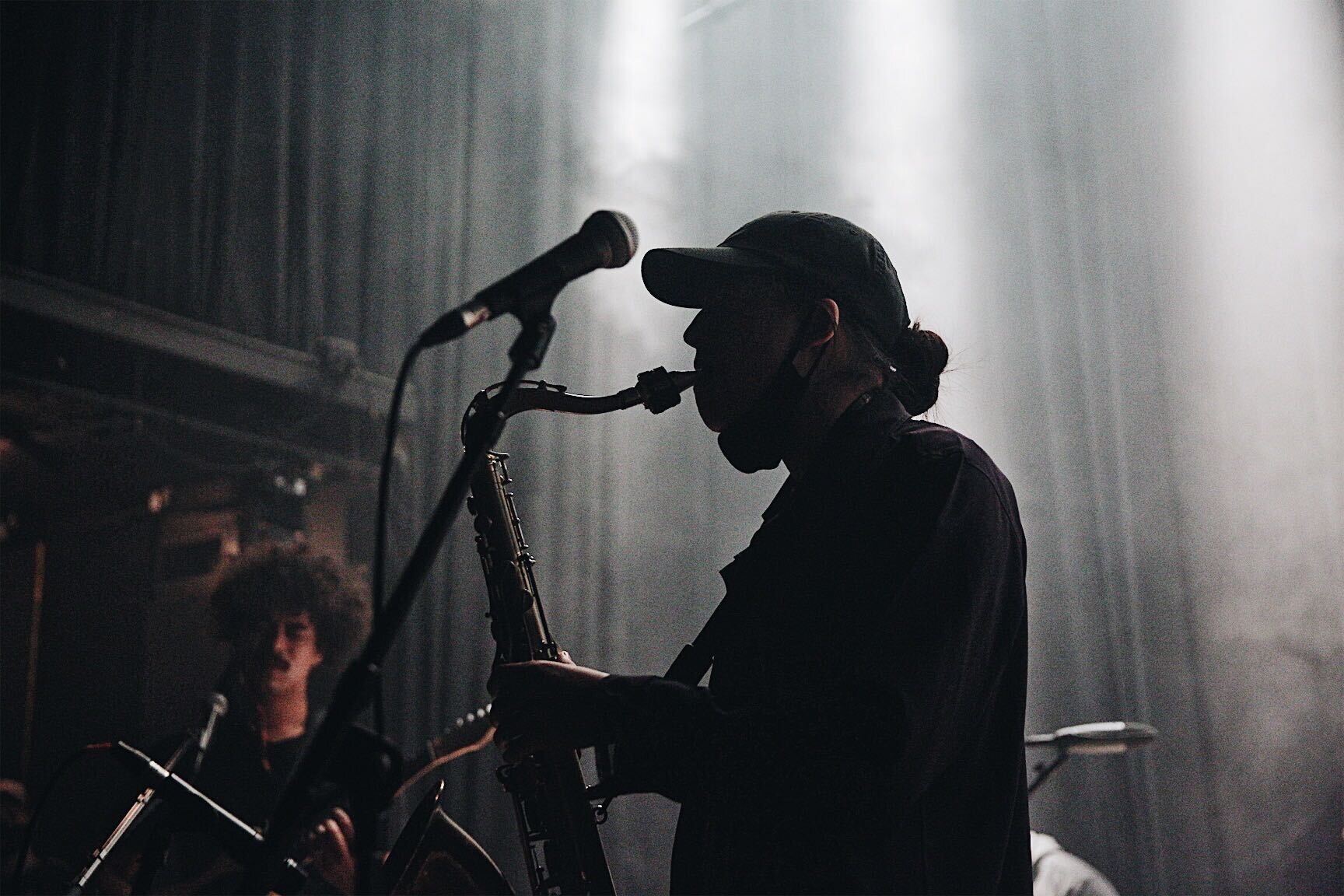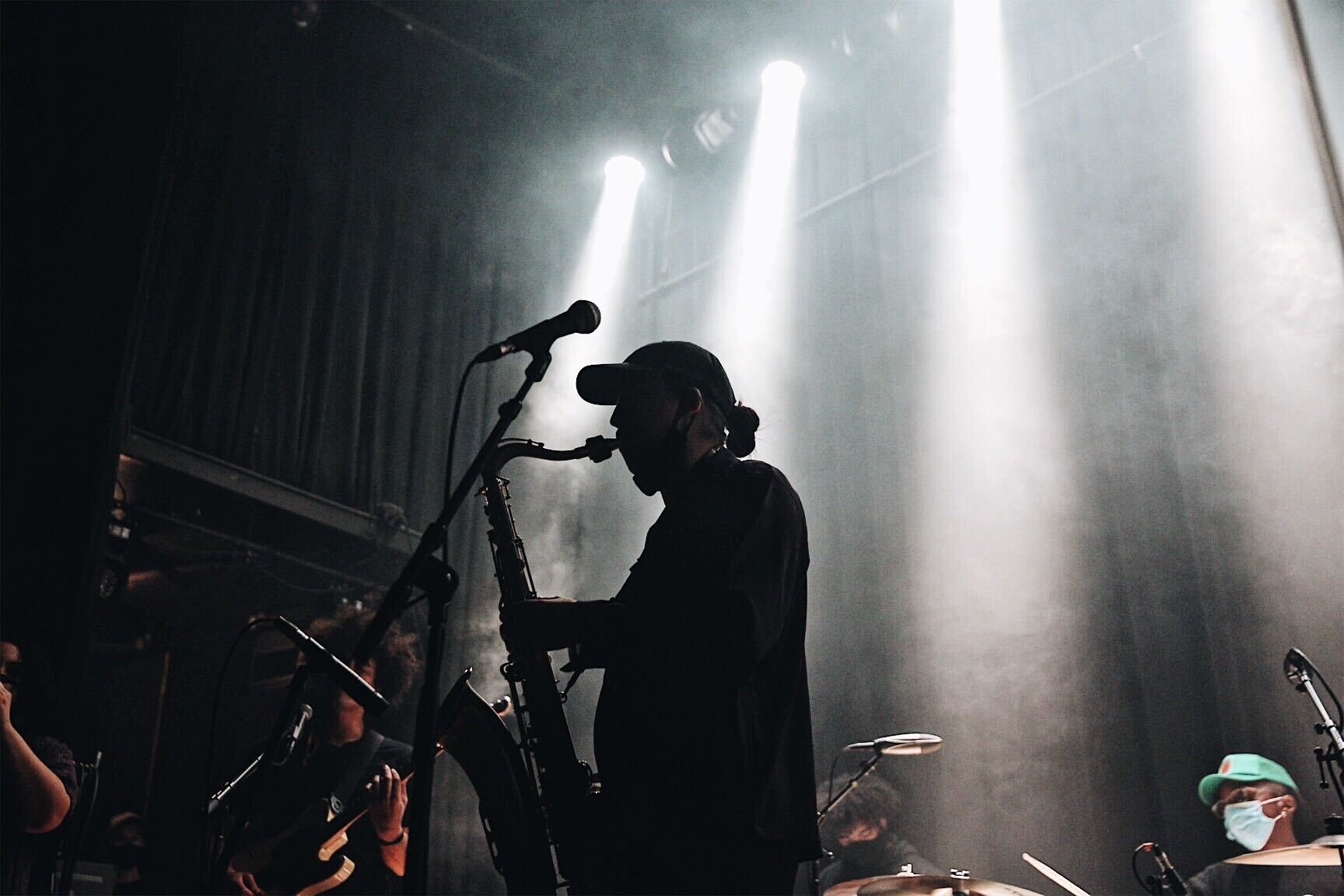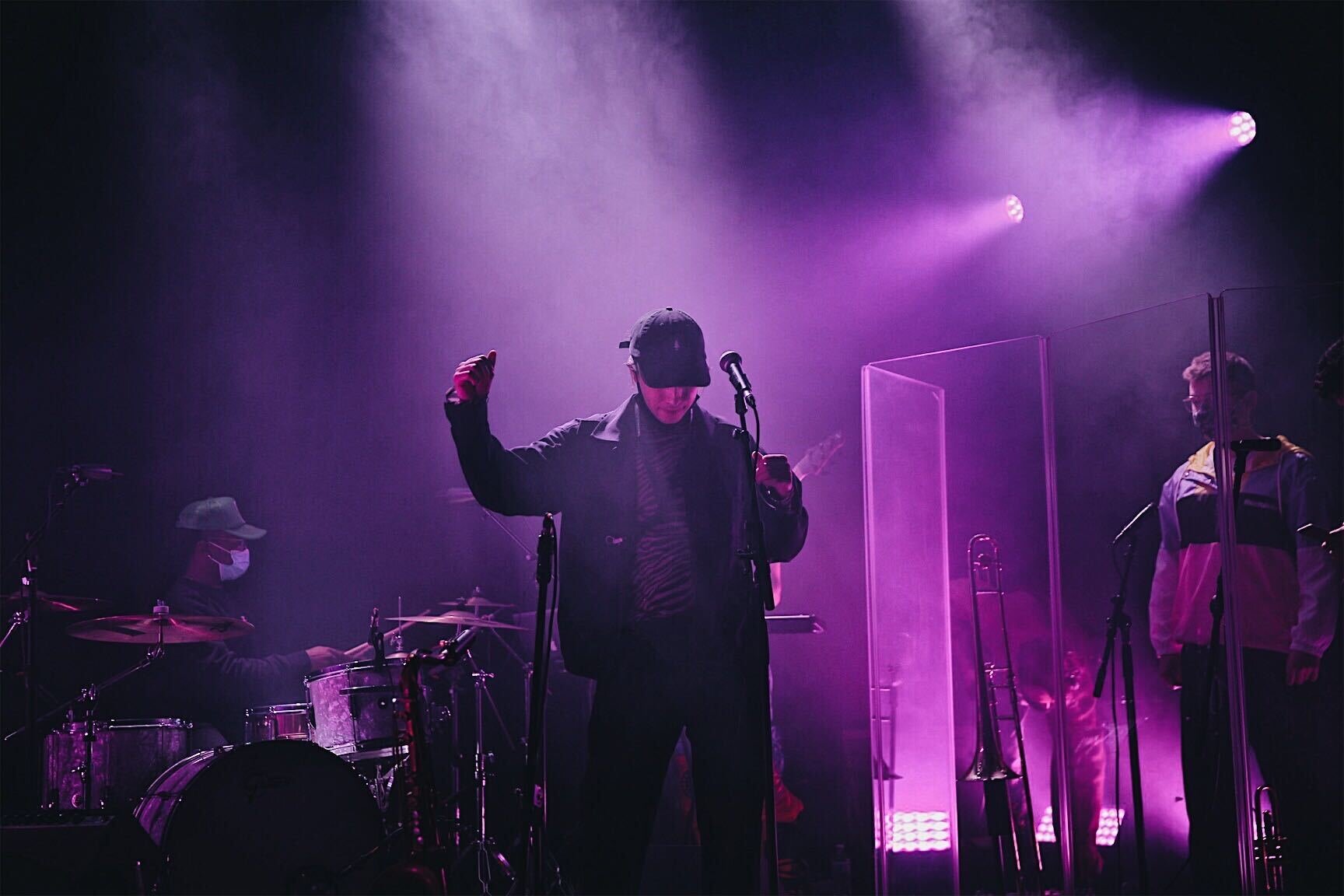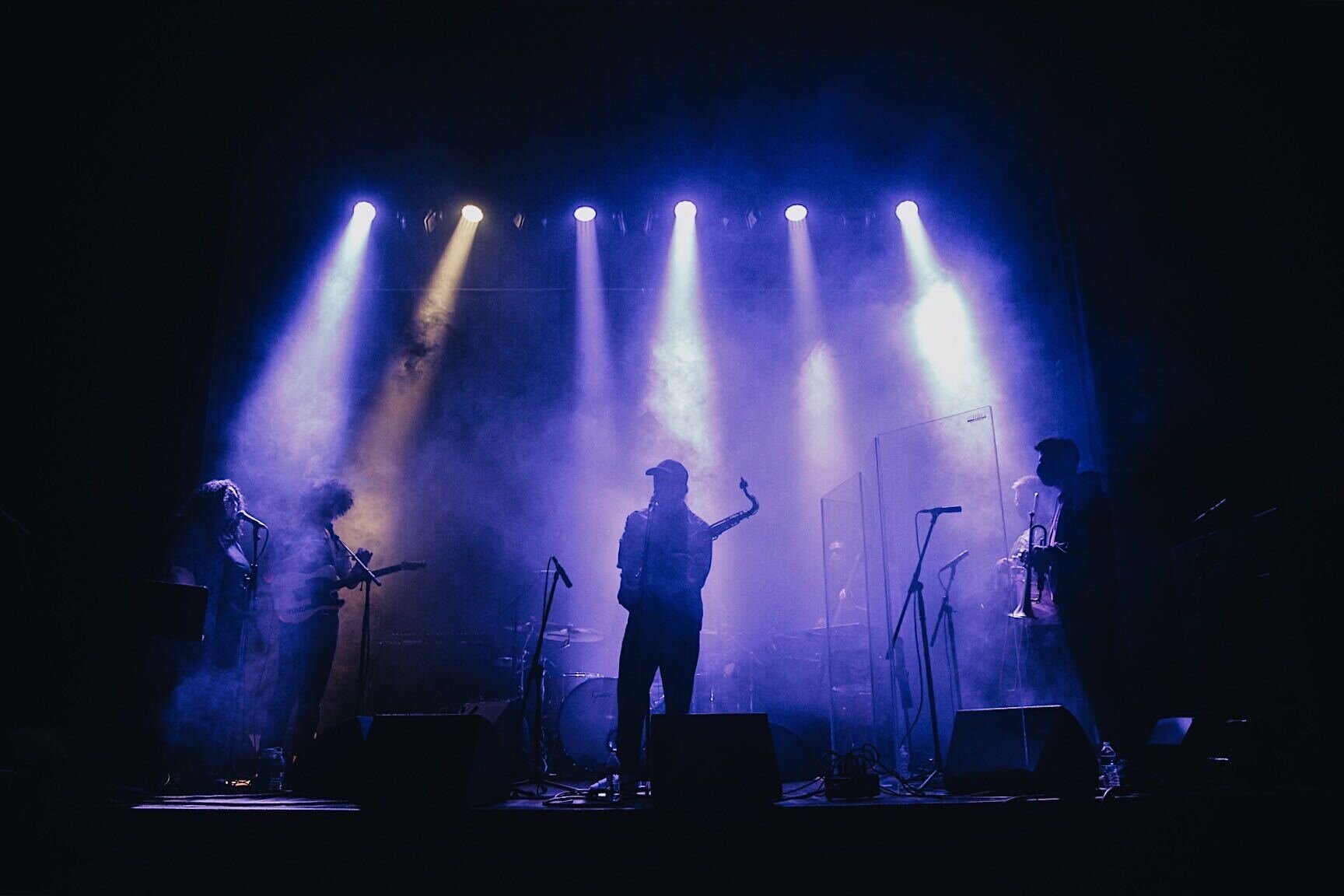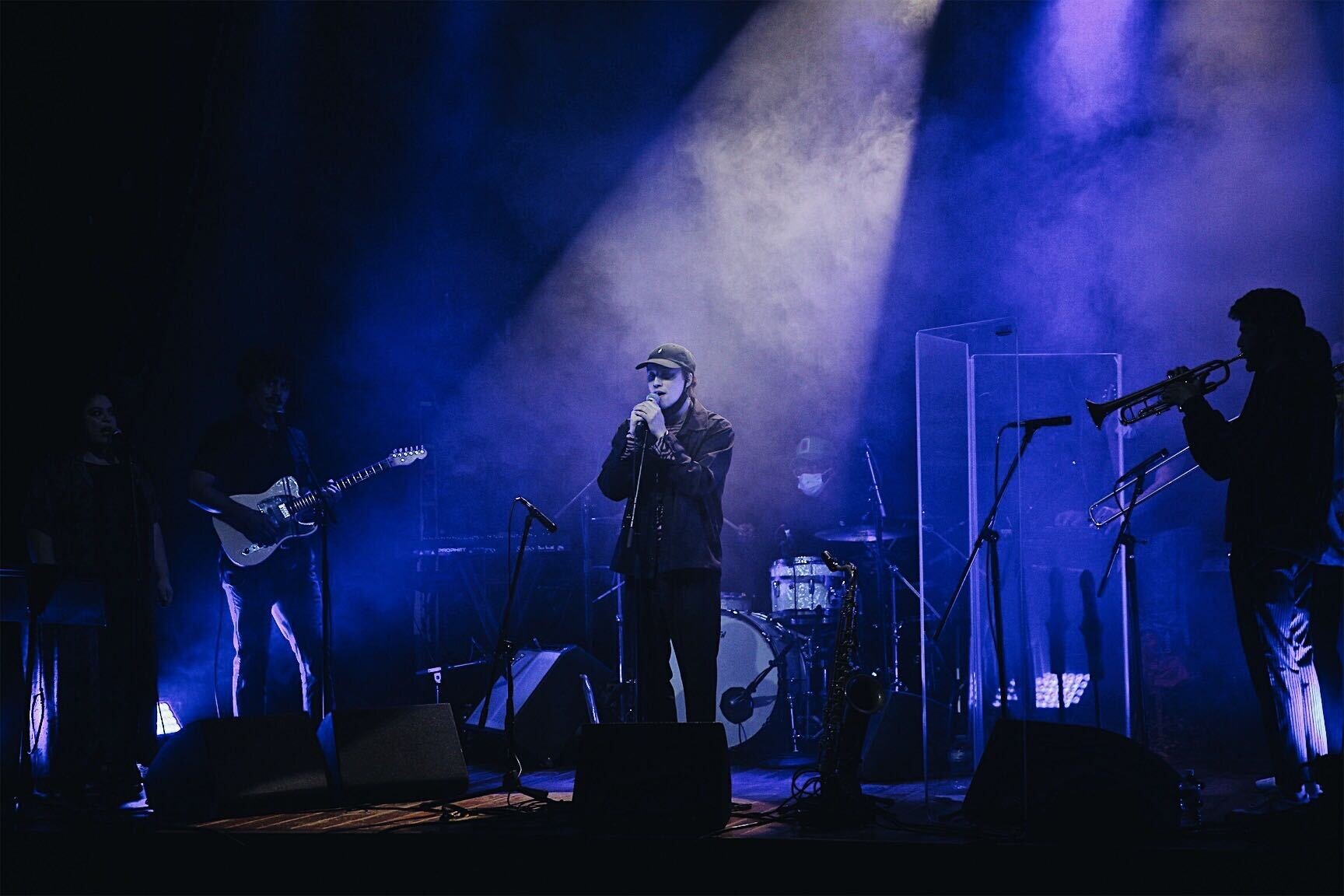SUPPORT STATION
About Sen Morimoto
By: Sadie Dupuis
It was a 2014 move to Chicago that inspired Sen Morimoto to start his solo rap project, drawing on a lifetime of experience as a cross-genre collaborator--R&B piano, noise rocks drums, improvisational jazz saxophone--to produce his own instrumentals. Playing out in his new city’s multidisciplinary scene led to a friendship with like-minded polymath Nnamdi Ogbonnaya, who encouraged Morimoto to record an album for his label, Sooper. That release, Cannonball!, incorporated Morimoto’s many discrete interests, and its unique fusion led to critical accolades and international festivals. “I tried everything I possibly could on the last album,” Morimoto says. “It changed my life a lot, and that process was scary to me.”
The self-titled Sen Morimoto is his sophomore effort for Sooper, of which he is now a co-owner. “Working with other artists from the label side showed me how everyone sets intentions for their art,” explains Morimoto. “That’s taught me a lot about treating my music as my baby, and giving it everything it needs to thrive.” This reinvigorated perspective, along with his fandom for songwriting heavyweights Carole King and Lauryn Hill, refocused Morimoto on lyrical foundations; he fervently edited to favor conversational lines and meticulously plotted arrangements that were “concise roadmaps.”
Morimoto wrote much of the album in transit and gazing out of windows, so motion and water recur thematically. Sleeping in unfamiliar places gave him vivid dreams, uncannily close to reality and hard to rouse from. This uncertainty between waking life and fantasy became his central focus, explored excellently on the detuned, eerily rolling haze of standout “The Things I Thought About You Started to Rhyme.” Morimoto toys with clarity, never quite certain whether he’s gaining perspective, but always searching. “I believe in you like I believe in words,” he pledges. “I believe in God like my dog believes I’m dead ‘til I come home from work.”
Though he calls these philosophical themes “internal mental loops,” playfulness is inherent to Morimoto’s music. “Woof” takes a sardonic glance at emotional growth--“I’m too tired for pretending to be happy, now I’m crying so loud my dog is barking at me,” goes one hook--and pairs it with bright, solo Harrison-esque guitars, nervously pacing Wurlitzer, and a heavy kick. He delights in finding chords that excite him, then layers them with rhythmic shifts, unexpected harmonies, 8-bit arpeggios, and rapidly-gliding saxophone leads. While his production sounds vast and rich--with a level of detail akin to Jon Brion productions--Morimoto works with a simple selection of equipment, relying heavily on the taped up Nord Electro he found used as a teenager. Skittering drums are programmed on an MPC, or tracked live in the practice space he shares with a dozen punk bands, later chopped for beats. His vocal layers alone frequently hit the double digits, resulting in warm, tight harmonies or omnidirectional, spacy presences, as on the modulating, delicately concocted “Jupiter” (where boys go to get more stupider, as alluded to in the sly wink of a chorus.)
Morimoto wrote, arranged and performed the instrumentals alone, but he took every chance to highlight some of his favorite local musicians with guest vocals. Apart from Tokyo-based electropop artist AAAMYYY (who opened for Morimoto on a Japanese tour, and features amid the buzzy, futuristic funk of “Deep Down”), all other credits are Chicago-based--frequent collaborator KAINA, indie favorite Lala Lala, National Youth Poet Laureate Kara Jackson, rappers Qari and Joseph Chilliams, and, of course, Nnamdï. This roster is a tribute to the place Morimoto now misses when he tours, and the scene to which he’s grateful for pushing him into music full time. “A huge part of being able to do what I do has been learning and growing in Chicago, and these are all the people I did that with over the past four or five years,” Morimoto offers. While this album investigates the murky line between lifelike illusion and fantastical reality, he’s more certain than ever of his friends: “It would be weird to not have them around.”
Upcoming Streams
About Independent Venue Week (IVW)
Independent Venue Week is a 7-day celebration of music venues around the country and a nod to the people that own, run and work in them, week in, week out.
By championing these venues, we are able to highlight why they are so much more than just places for live music – they are cultural hubs for learning, creativity, arts and culture more widely connecting people in their local community of all ages, backgrounds, abilities, genders, skills and walks of life.
These venues, all local businesses, are the backbone of the live music scene and Independent Venue Week recognizes all that they have done to create some of the most memorable nights of the past so they can continue to do the same in the future.
About Chicago Independent Venue League (CIVL)
CIVL acts to secure the long-term future of these and other venues for the benefit of our communities and emerging artists. Member venues have played a crucial role in the development of Chicago’s music over the last 50 years by nurturing local, national and international talent, and providing a platform for these artists to build their careers and develop their music. Chicago's independent venues provide thousands of jobs, as well as millions of dollars in salaries, revenues, charitable donations and taxes. CIVL strives to gain recognition for the essential role these venues have played in defining the music culture as it exists in Chicago today.
About Lincoln Hall
Lincoln Hall is a modern, mid-sized, independent venue located in Chicago's Northside. Opened in 2009 by its sister-venue, Schubas Tavern, Lincoln Hall features top-level production in an intimate environment, all while playing host to a wide variety of musicians, comedians, speakers, and more.

